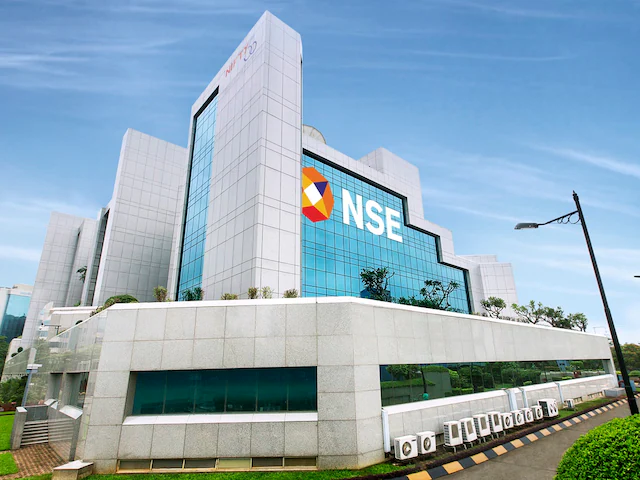Check Out The Details Here: NSE To Introduce Derivative Contracts On The Nifty Next 50 Tomorrow
On Wednesday, the National Stock Exchange (NSE) will launch derivative contracts based on the Nifty Next 50 index.
This was the result of permission from the Securities and Exchange Board of India (Sebi), the market regulator.

After removing the Nifty 50 firms, the Nifty Next 50 index reflects 50 companies from the Nifty 100.
The exchange would provide three consecutive monthly index futures and index options contract cycles under the terms of the derivative contract. The last Friday of the expiry month would mark the expiration of the cash-settled derivatives contracts.
The current suite of index derivatives products will be enhanced by the addition of derivatives on the Nifty Next 50 index. According to Sriram Krishnan, Chief Business Development Officer at NSE, last week, the Nifty Next 50 index will fill the gap between the Nifty 50 index, which includes the top big and liquid firms, and the Nifty Midcap Select index, which includes the top large and liquid mid-capitalized businesses.
Financial services accounted for 23.76 percent of the Nifty Next 50 index weight as of March 2024, followed by the capital goods sector (11.91%) and the consumer services sector (11.57%). January 1, 1997, saw the introduction of the index.
As of March 29, 2024, the market capitalization of the companies that make up the Nifty Next 50 index was Rs 70 trillion, or around 18% of the total market capitalization of all the firms that are listed on the NSE. In FY24, the total daily average turnover of the index components was Rs 9,560 crore, or around 12% of the turnover of the cash market.
In the language of the market, financial contracts that include two or more parties and draw their value from an underlying asset or benchmark are referred to as derivatives.
Futures and options are the two main categories of derivative transactions. An options contract gives the buyer or holder the right to purchase or sell the underlying asset at a fixed price inside or at the end of a defined time, while a futures contract is a legally binding agreement to buy or sell the underlying security on a future date.







